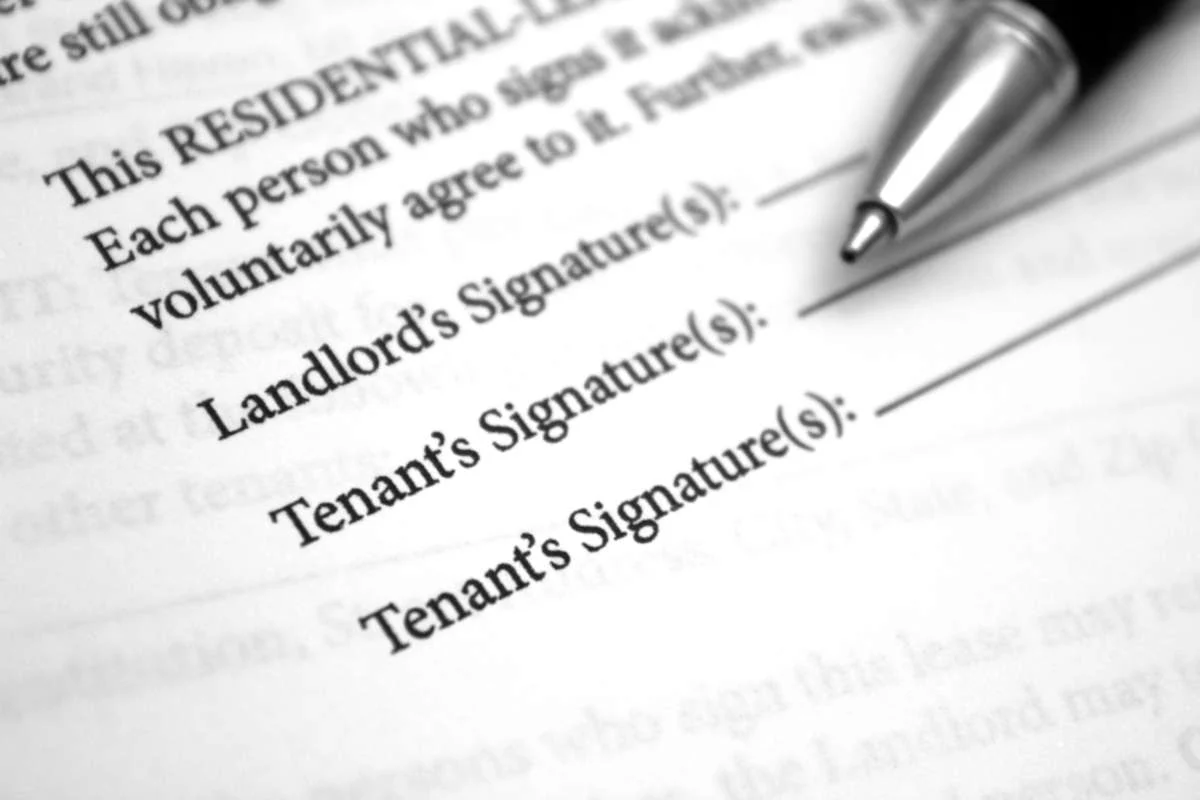Lease agreements are essential documents for rental property owners, but creating them isn’t as easy as you might think. A Jacksonville, FL property management company can help property owners screen tenants and draft an ironclad lease agreement. Still, investors need to understand what goes into a rental agreement and how to avoid pitfalls.
With the tips in this blog post, property owners will be able to create solid lease agreements that protect their investments. If you decide to work with a property management company to write one for you, these seven tips can help ensure that every lease holds up in court and gives you the support you need to enforce the rules.
1. Don’t Rely on “Free” Templates
A lease agreement is a contract between a landlord and tenant that outlines the tenancy terms. While there are plenty of “free” lease agreement templates online, very few of them meet the requirements for a comprehensive landlord-tenant lease agreement. Every lease agreement should be a custom document depending on the type of house, the location, and your preferences and goals as the property owner.
It can be okay to start with a free template, but be sure to work with a lawyer and property manager to adjust it for each property accordingly.
2. Check the Clauses
A few standard clauses should be included in any simple lease agreement for rental properties. Even though a property owner should customize every lease, don’t forget to confirm standard information as the law requires. Several required clauses include:
- A detailed property description
- How and when to pay rent
- The lease term (six months, 12 months, 18 months, or a month-to-month lease agreement)
- The security deposit amount and rules about how you’ll return it or apply it to tenant damages
- Renter responsibilities, including taking out the trash, reporting maintenance issues, and keeping the property clean
- A smoking clause and pet policies
In addition, the lease should let renters know if they are responsible for paying utilities or if those costs are included in the monthly rent amount.
3. Make Updates As Needed
Starting with a customized lease agreement is an excellent way to create your own template to keep on hand. However, assuming your lease template is accurate and up-to-date for each new lease term can be a costly mistake.
Property owners should review the lease thoroughly between tenants and make necessary updates to comply with current landlord-tenant laws about security deposits and more. If you’re not sure what’s changed or if your lease is still legal, a property management company can review it and make recommendations to stay current.
4. Mention Consequences for Lease Violations
While many renters follow the rules and pay the rent on time (especially when using a tenant screening process to identify quality tenants), not all residents adhere to the rental agreement. Property owners must include details about the consequences of lease violations. Property managers recommend including:
- Late fees (how much and when you’ll apply them)
- Information about how and when tenants will receive notices for violations
- What qualifies as a reason for eviction
- Any other policies for breaking the rules
Along with the consequences, be sure to explain the rules and how to follow them clearly. Give renters every opportunity to comply with the lease and plainly inform them about what happens when they fail to do so.
5. Stay Up To Date On Landlord-Tenant Laws
We mentioned making sure the lease is legally binding, and it’s worth mentioning again. A property owner must stay current on all landlord-tenant laws—or work with a property management company to keep current on their behalf.
Tenants can sue property owners when a rental agreement violates local, state, or federal laws. Without a legally binding contract, real estate investors can’t enforce the rules or evict a renter. So before finalizing a lease, make sure it follows current laws.
6. Review the Lease With Renters (Then Get Signatures)
Customizing a lease can create a complicated document. While a standard lease agreement doesn’t need to be a lengthy document, it must be informative and thorough. To ensure renters understand the lease terms and agree to every aspect of the document, take time to review it with them before getting signatures. Give new tenants time to ask questions for clarification.
Then, get signatures from all adult residents for a property (and sign it yourself)! Without all required signatures, it’s not a legally-binding agreement.
7. Consult An Attorney
Doing your own research and working with a property manager are essential for successful lease agreements. In addition, the best property management companies in Jacksonville also recommend consulting an attorney before finalizing a rental agreement. With a lawyer’s blessing, property owners can have confidence that the lease protects their properties and income!
A Jacksonville Property Management Company Creates Custom Lease Agreements
With the experience of a full-service property management team, real estate investors can trust their lease agreements to help prevent tenant disputes and support rule enforcement when needed. Spectrum Realty Services delivers expert residential property management services, including leasing and rule enforcement. If you need help with a new lease agreement, reach out soon!


